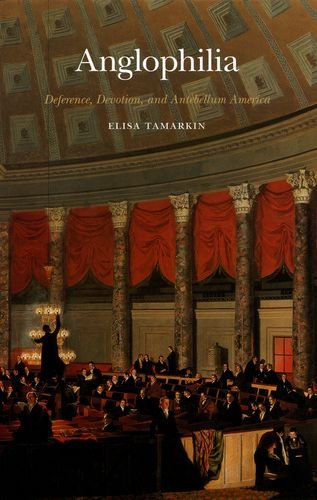Colloquium on Genre 2013-2014
For the sake of this colloquium, we'll use a very broad definition of "genre." Derived from the French word genre, meaning "kind," genre came to denote "a particular style or category of work or literary composition, characterized by a particular form, style, or purpose" (OED). Although the term 'genre' was most widely applied to imaginative literary works, for analytical purposes we'll apply it to the broad Renaissance and Enlightenment sense of literature, as including all the forms of letters and writing for the sake of learning. We focus most of our study upon the long 18th century (1660-1820) because the expansion of print and trade and the institution of literary criticism made this a period when old genres were collected and studied, and new genres and formats of writing were invented and developed.
So for our study, we will select from an open set of genres: genres related to the advancement of knowledge, from the journal article reporting experimental findings to dictionaries and encyclopedia; newspapers and magazines; ballads and ballad collections; systems and essays; musical theater; natural histories; and a host of genres of a more literary kind, from epic, mock epic and georgic to the sentimental and gothic novel. We hope that by ranging across this very broad set of genres we will make headway with questions of historical and theoretical interest: what is a 'genre'? how are the traits of each genre specified? how does history, with its stories of origin, translation, and mutation, implicate genre? Are genres the 'main characters' of literary history? what role does it play in networking authors and readers and getting them to share common protocols for reading? How do genres enable networking and communication?
Seminar Schedule
October 4: William Warner, UCSB, English
Organizational meeting where colloquium participants will discuss examples of genres of interest to them.

Focus Question: What is genre, and why does it matter?
Handout: Theresa Russ on Georgic
October 25: Warner
Advanced Genre Theory
Focus Readings:
Ralph Cohen on "Genre and History"
Jacques Derrida, "The Law of Genre"
Other Readings:
"An Excellent Ballad of George Barnwel an Apprentice of London"
The Prentice's Tragedy or, The History of George Barnwell
Title Page, Page 2, Page 3, Page 4, Page 5, Page 6, Page 7, Page 8, Page 9, Page 10, Page 11, Page 12, Page 13.George Lillo, The London Merchant: or The History of George Barnwell
November 1: Anne Maurseth, UCSB, French
The Genres of Enlightenment Chance in Mathematics, Philosophy and Fiction
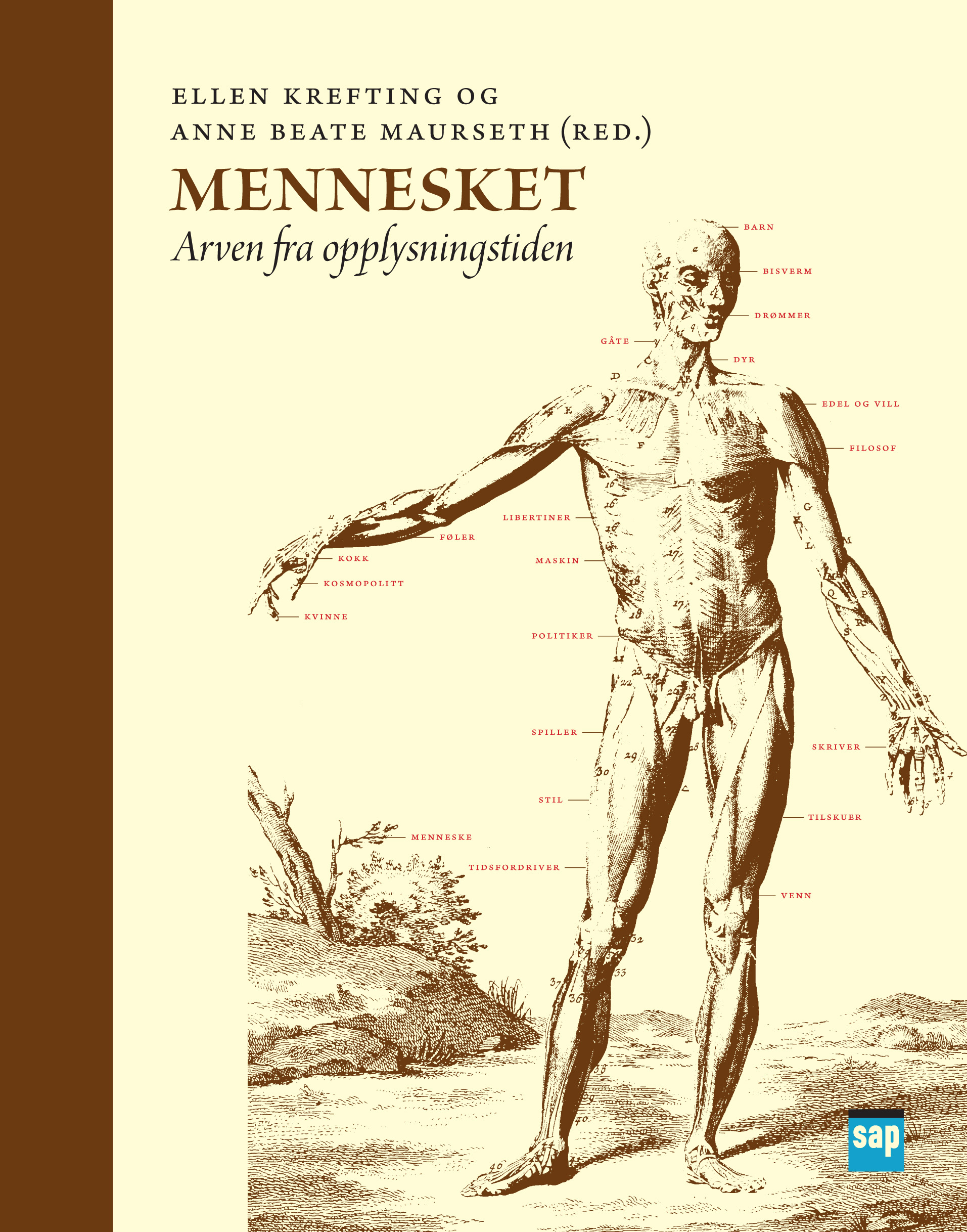
Focus Readings:
Kavanagh, "The Triumph of Probability Theory" from Enlightenment and the Shadows of Chance
Kavanagh, "Toward a Novel of Experience" from Enlightenment and the Shadows of Chance
November 15: Arthur Marotti, Wayne State University
"Anthologies"
Focus Readings:
December 6: Elisa Tamarkin, UC Berkeley
"Relevance and the Newspaper"
Focus Readings:
January 31: Ken Hiltner, UCSB, English
"The Genres of Paradise Lost"
Focus Readings:
February 28: Jim Kearney, UCSB, English
"On the Romance"
Focus Readings:
Barbara Fuchs, Romance (excerpts)
Fredric Jameson, "Magical Narratives: Romance as Genre" (excerpts)
Supplemental Readings
Patricia Parker, Introduction, Inescapable Romance: Studies in the Poetics of a Mode
March 7: Patricia Fumerton, UCSB, English
Long 18th century collection, curation, and criticism of the Renaissance ballad: Pepys, Addison, Gay, Percy, etc.
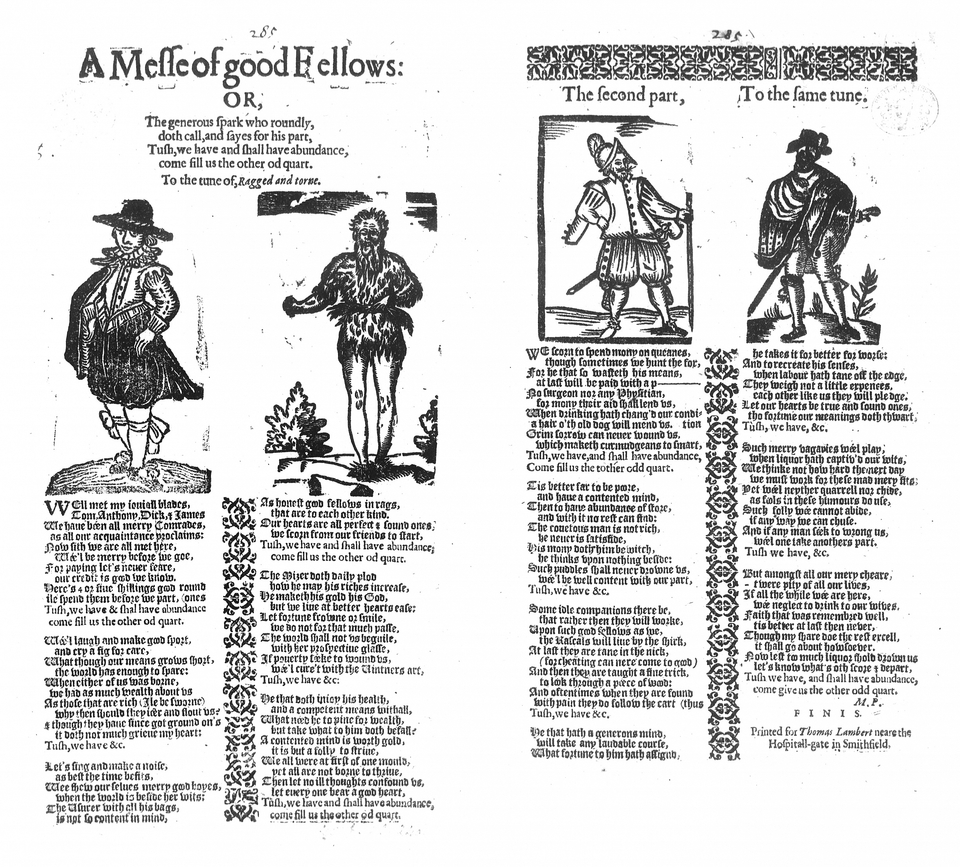
Paula McDowell, "'The Art of Printing was Fatal': Print Commerce and the Idea of Oral Tradition in Long Eighteenth-Century Ballad Discourse"
April 11: Jeremy Chow, UCSB, English
The Gothic Genre: Lewis's The Monk
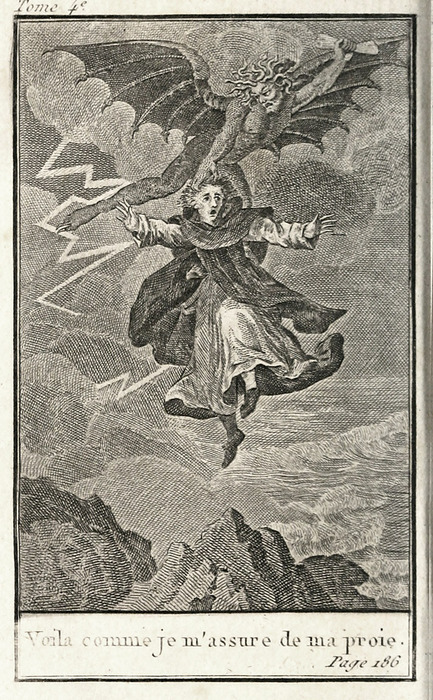
Matthew Gregory Lewis, The Monk: Vol 1 Vol 2 Vol 3
The Monk (Project Gutenberg)To ground/elevate our conversations:
Spooner and McEvoy, "Approaching Gothic"
E.A. Baker, Monk Introduction
April 18: E. Cook and Thomas Doran, UCSB, English
Natural History and Gilbert White
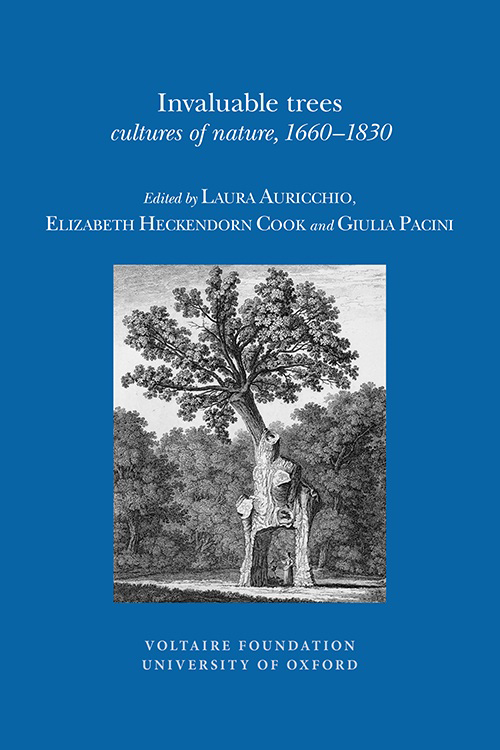
Gilbert White, The Natural History of Selborne
Christoph Irmscher, Introduction to The Poetics of Natural History
May 9: Deidre Lynch, University of Toronto
the commonplace book/ the scrapbook/ the album
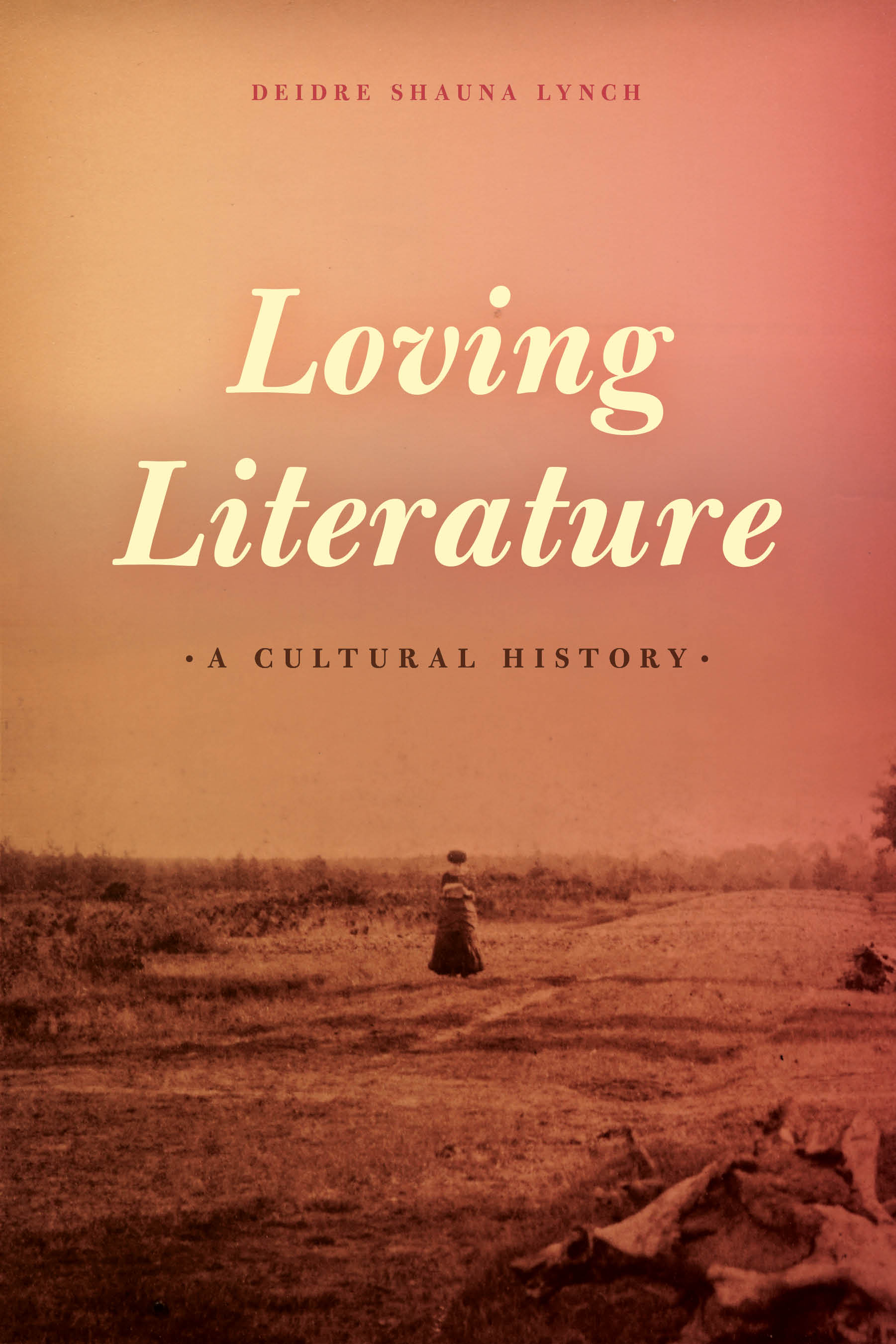
David Allan, from Commonplace Books and Reading in Georgian England
| UCSB English | Early Modern Center |
